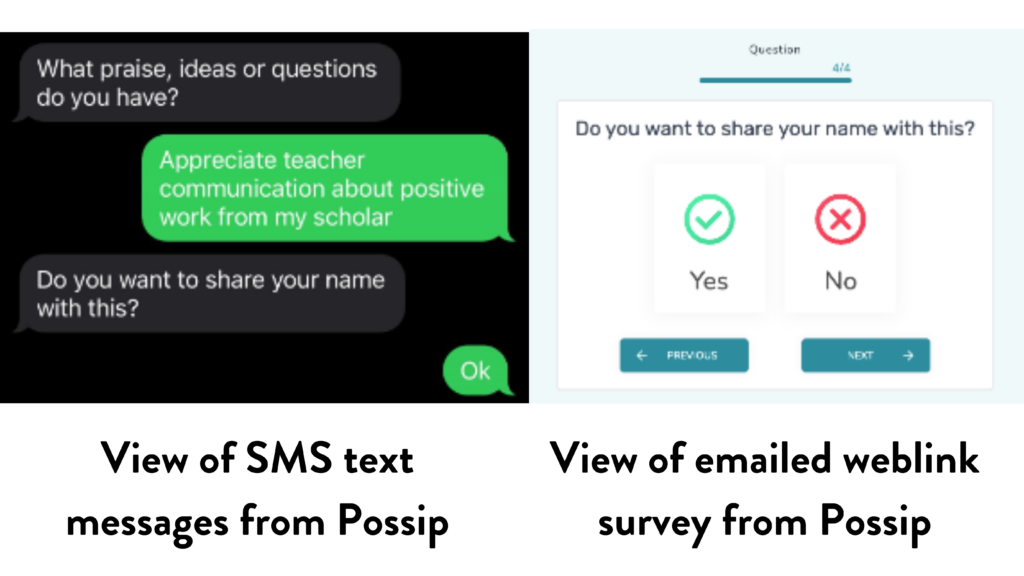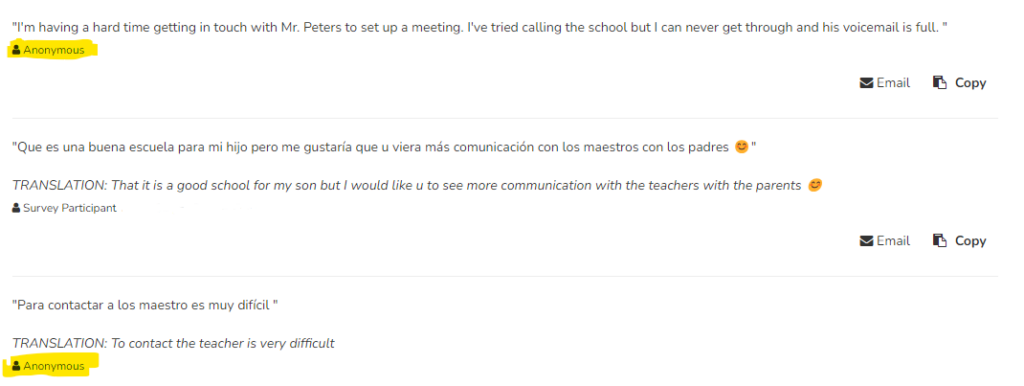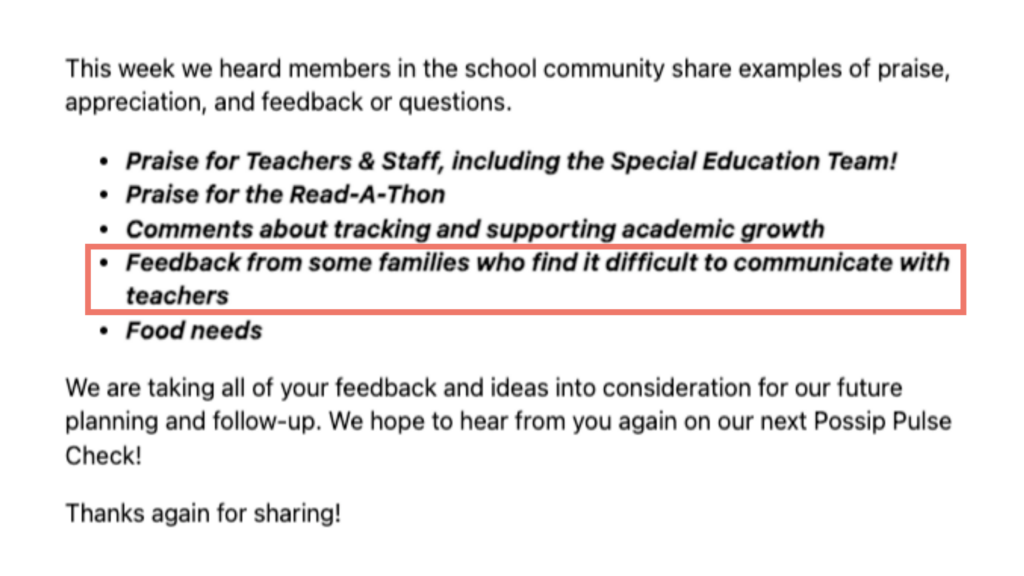Schools are a swarm of people with different backgrounds, developmental levels, needs, stressors, and goals. Beyond academics, children often need support from adults at school to learn effective social skills and peacefully resolve conflict. In this article, we lay out eight steps to equitably react to fighting and conflict between students. Here’s an additional resource from the University of Kansas for background on what conflict resolution is and why it is important to practice.
Elizabeth Janca, experienced school administrator, licensed professional counselor, and Possip Reporter, shares ways to support and mediate conflict resolution between students.
The final step of reacting to a conflict between students includes facilitating conflict resolution when needed. This is an important skill for students to develop, but can be hard to navigate. Having written guidelines may help the students and mediator have a more successful conversation. At the end of this post, we’ve included a printable download for students as you navigate this process.
Be Proactive and Reactive Teaching Conflict Resolution
In order to identify the root cause of the conflict, or real reason why someone feels upset, ask “why” they’re upset until you no longer can. For example, if a student states they hit a peer because they annoyed them, you may ask, “why did you find them annoying?” The student may say “they made a noise and motion that my younger sibling does and it makes me mad when they do that”. You may ask “why does it make you mad?” and get a response about how it feels disrespectful. In this case we’ve identified the student was ultimately upset because they felt disrespected. Helping them discover the root cause will enable the student to communicate their feelings. “I felt disrespected when you made that noise and motion.”
The post Supporting Mental Health at School: Conflict Resolution appeared first on Possip | Engagement Platform | School Feedback Survey.


